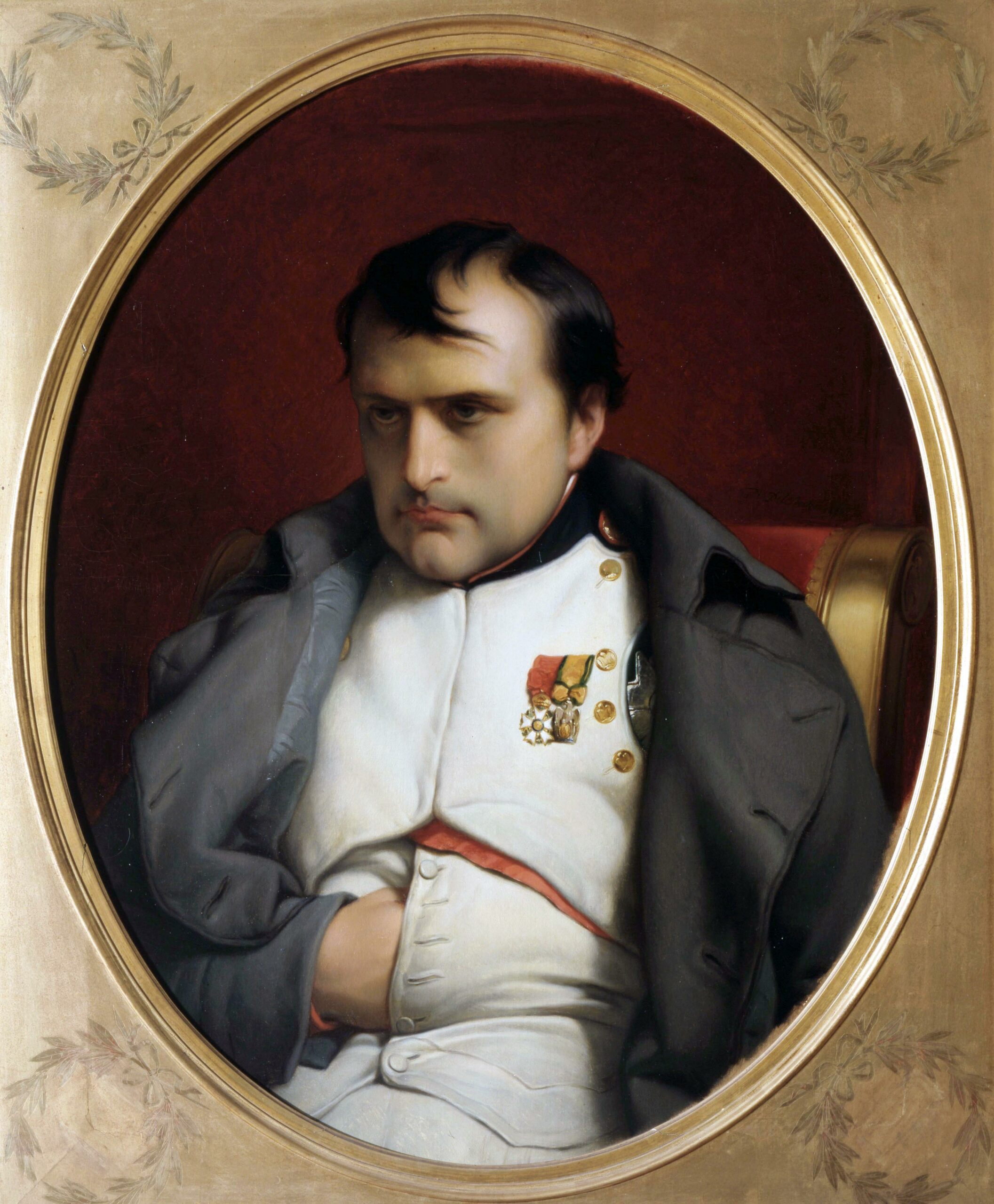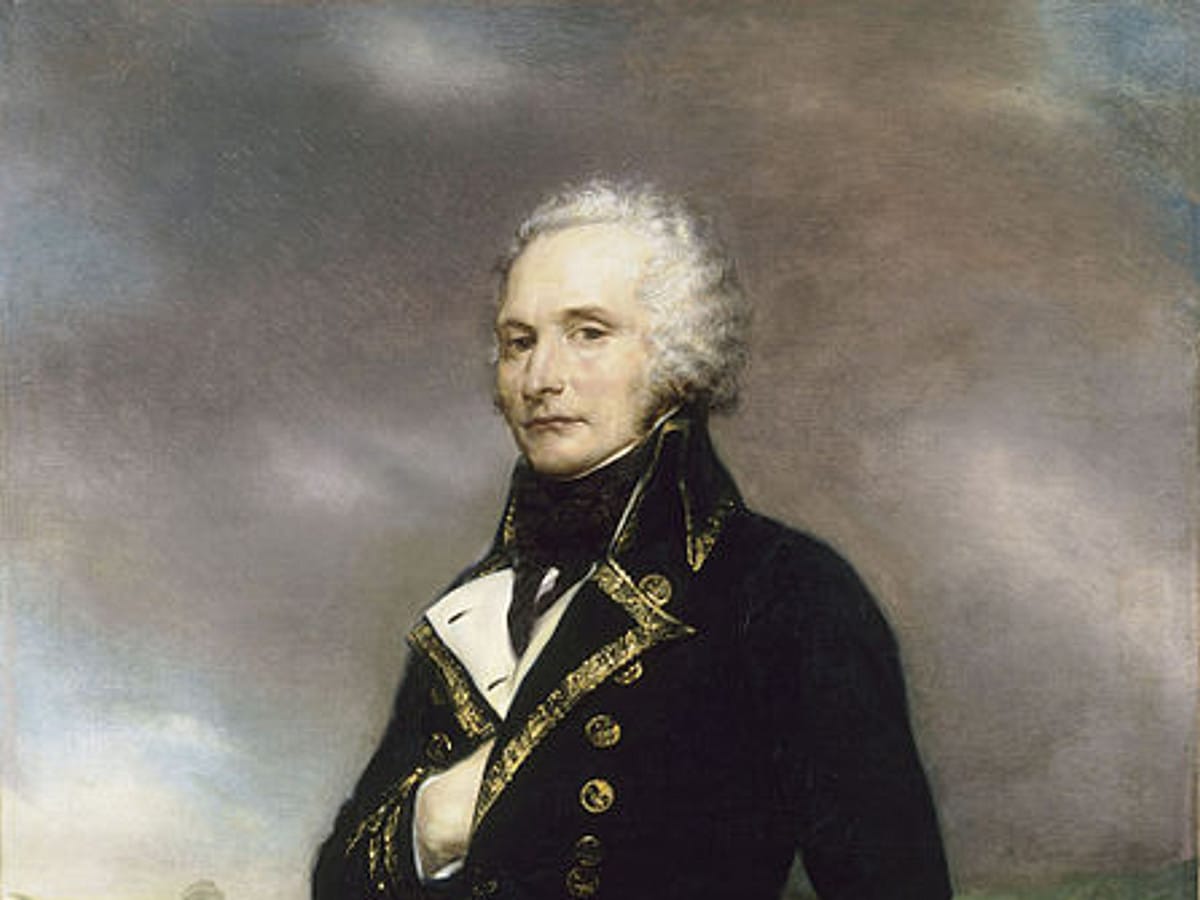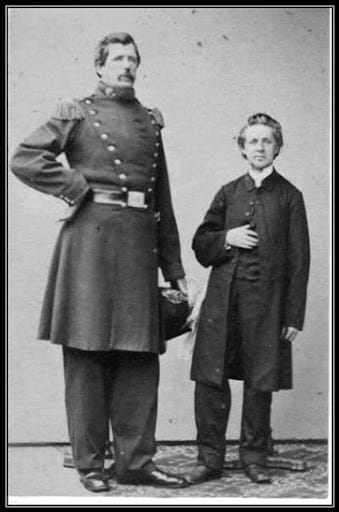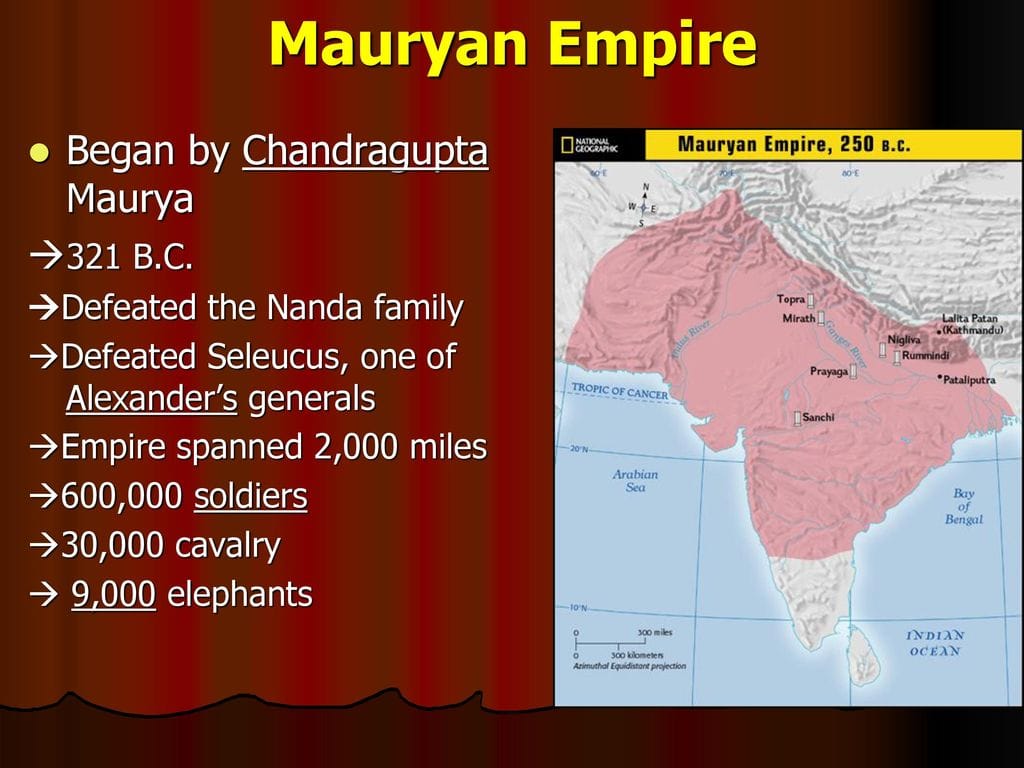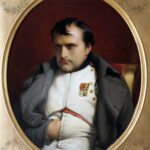Napoleon Bonaparte’s saga is a captivating blend of military genius, political cunning, and ultimately, tragic downfall. From his humble beginnings on the island of Corsica to becoming Emperor of France, his life was a whirlwind of triumphs and defeats that reshaped Europe. This article delves into the key events, exploring Napoleon’s lasting impact on warfare, law, and society. For a deeper understanding of impactful figures, explore Franklin’s certainties and the intriguing story of Moira Kinross.
A Corsican Upstart: Napoleon’s Early Years and Ascent
Born Napoleone di Buonaparte in 1769 in Ajaccio, Corsica, Napoleon’s early life was shaped by his family’s navigation of Corsican resentment against French rule. His education at the École Militaire in Paris provided the foundation for his future military brilliance. The French Revolution, a period of immense upheaval, presented Napoleon with unprecedented opportunities. His decisive action during the 1795 “Whiff of Grapeshot” incident, suppressing a royalist uprising, signaled his potential. Subsequent victories in the Italian Campaign (1796-1797) solidified his reputation as a rising military star.
The Emperor’s Gambit: From General to Ruler
The tumultuous French Revolution created a power vacuum, which Napoleon expertly filled. In 1799, he orchestrated the Coup of 18 Brumaire, establishing the Consulate and positioning himself as First Consul. This marked the effective end of the French Revolution and the beginning of Napoleon’s dominance. Just five years later, in 1804, he crowned himself Emperor Napoleon I, a bold move that consolidated his power and signaled his ambition.
Napoleon’s Reign: Wars, Reforms, and a Complex Legacy
Napoleon’s impact extended far beyond the battlefield. The Napoleonic Wars (1803-1815), a series of conflicts that engulfed Europe, redrew political boundaries and left a lasting mark on the continent. Key battles like Marengo (1800), Austerlitz (1805), Trafalgar (1805 – arguably his first major defeat), Jena-Auerstedt (1806), and his Continental System are studied to this day. Beyond military conquests, Napoleon implemented significant reforms. The Napoleonic Code (1804) standardized French law, establishing principles of equality and property rights that influenced legal systems worldwide. His Concordat with the Papacy (1801) restored relations with the Catholic Church, promoting stability within France. He also centralized administration, reformed education (through the lycées system), and ultimately, reshaped French society.
The Emperor’s Twilight: Downfall and Exile
The invasion of Russia in 1812 proved to be a catastrophic turning point. The devastating losses suffered during the retreat from Moscow marked the beginning of Napoleon’s decline. The Battle of Leipzig (1813), a defeat by a coalition of European powers, further weakened his position. Forced to abdicate in 1814, he was exiled to Elba. However, in a dramatic turn of events, Napoleon escaped Elba in 1815, returning to power for the brief period known as the Hundred Days. This comeback was short-lived, ending with his final defeat at the Battle of Waterloo. Napoleon’s second and final exile was to the remote island of St. Helena, where he died in 1821.
Five Pivotal Moments That Defined Napoleon’s Legacy
Napoleon’s life, a tapestry of ambition, triumph, and tragedy, is punctuated by several defining moments:
- The Italian Campaign (1796-1797): These early victories established Napoleon’s military genius and catapulted him onto the European stage.
- The Coup of 18 Brumaire (1799): This power grab marked the end of the French Revolution and Napoleon’s ascent to First Consul, paving the way for his imperial ambitions.
- The Coronation as Emperor (1804): This symbolic act solidified Napoleon’s control and ambition, ushering in the Napoleonic era.
- The Invasion of Russia (1812): This disastrous campaign, a strategic blunder of epic proportions, triggered Napoleon’s decline and the unraveling of his empire.
- The Battle of Waterloo (1815): This decisive defeat marked the definitive end of Napoleon’s reign and led to his final exile on St. Helena.
Napoleon’s Exile: More Than Just Waterloo – The Untold Story
Napoleon’s exile wasn’t a singular event but a two-act drama. The first, to Elba, was a consequence of his abdication in 1814 after the Allied capture of Paris. However, Elba’s proximity to mainland Europe allowed Napoleon to escape and reclaim power for the Hundred Days. His final exile to St. Helena followed his defeat at Waterloo. This remote island in the South Atlantic served as a fortress, ensuring his permanent isolation. The choice of St. Helena reflects the deep-seated fear among European powers of Napoleon’s influence and their determination to prevent any future resurgence.
| Exile Location | Year | Reason | Outcome |
|---|---|---|---|
| Elba | 1814 | First abdication after the Allied capture of Paris | Escape and brief return to power (the Hundred Days) |
| St. Helena | 1815 | Second abdication after the defeat at Waterloo | Death in exile in 1821 |
Napoleon’s Top 3 Transformations: Military, Law, and Society
While Napoleon’s story is multifaceted, three pillars define his impact:
- Military Genius: Napoleon revolutionized warfare with his innovative tactics, including the corps system and the effective use of artillery. His military campaigns redrew the map of Europe and his strategies remain influential today.
- The Napoleonic Code: This comprehensive legal code, emphasizing equality and property rights, replaced fragmented legal systems across Europe. It continues to influence legal thought and practice globally.
- Transformation of French Society: Napoleon’s reforms extended beyond law and military, impacting education, religion, and government administration. The establishment of lycées, the Concordat with the Papacy, and the centralization of government are testament to his transformative agenda.
Napoleon’s story continues to fascinate and inspire debate. Was he a liberator or a tyrant? A visionary or a despot? Perhaps he was a complex blend of all these things. His life serves as a powerful reminder of the intoxicating nature of ambition, the fragility of power, and the enduring impact one individual can have on the course of history.
- Boom & Bucket: Your Digital Marketplace for Used Heavy Equipment - December 28, 2024
- Ankle Bones Crossword Clue: Solutions, Tips & Anatomical Insights - December 28, 2024
- Ankle Bones Crossword Clue: Solutions & Anatomy Guide - December 28, 2024
